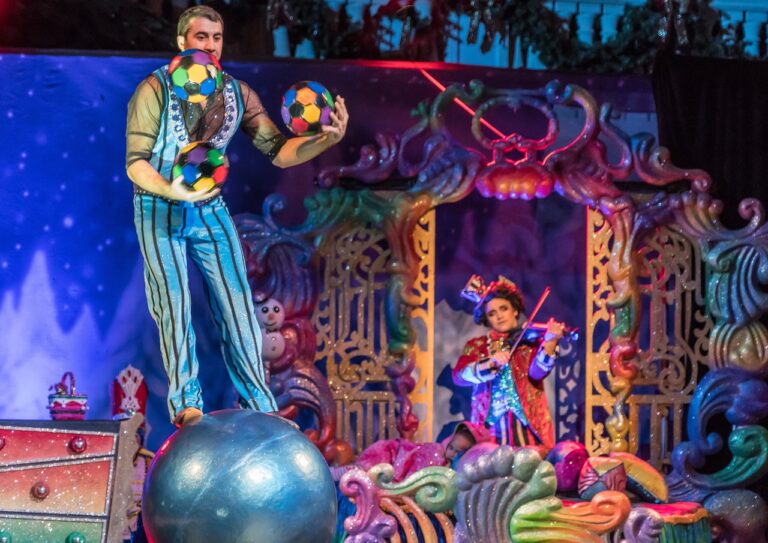The Psychology of Fandom: Understanding Fan Behavior
Sports fans exhibit a wide range of behaviors that are influenced by various factors. One significant factor that shapes fan behavior is the emotional attachment fans feel towards a team or athlete. This emotional connection often stems from personal experiences, memories, and a sense of belonging to a particular fan community. Fans may feel a deep emotional tie to a team because it represents a part of their identity or serves as a form of escapism from daily life.
Another key factor that influences fan behavior is social influence. Fans are often influenced by their immediate social circle, such as friends and family members who are also fans of the same team or sport. Peer pressure and social norms can play a significant role in shaping how fans behave, whether it’s wearing team merchandise, attending games, or participating in discussions about the team. Social interactions within fan communities can also lead to the reinforcement of certain behaviors and attitudes, creating a shared sense of camaraderie among fans.
The Role of Identity in Fandom
Fandom serves as a powerful avenue through which individuals shape and express their identities. Fans often find a sense of belonging and affirmation within their chosen fandom, allowing them to explore and solidify aspects of themselves that resonate with the content or community. This sense of connection can play a crucial role in shaping one’s identity and self-concept, as individuals integrate their fandom-related experiences into their overall sense of self.
Moreover, identifying as a fan can provide individuals with a shared sense of identity and community, facilitating social connections and interactions. A fan’s identity within a specific fandom can often serve as a common ground for building relationships and engaging in collective experiences with others who share similar interests and passions. This shared identity can foster a sense of camaraderie and belonging, contributing to the social cohesion and support found within fan communities.
Fandom allows individuals to shape and express their identities
Fans find belonging and affirmation within their chosen fandom
Connection to a fandom can play a crucial role in shaping one’s identity
Identifying as a fan provides a shared sense of identity and community
Fan identity serves as common ground for building relationships
Shared identity fosters camaraderie and belonging within fan communities
The Connection Between Fandom and Socialization
Fandom plays a significant role in shaping an individual’s socialization process. Through shared interests and passion for a specific fandom, individuals often find like-minded peers who share similar values and beliefs. This connection facilitates the development of social bonds and fosters a sense of community among fans.
Moreover, engaging in fandom activities provides individuals with a platform to enhance their social skills and build relationships. Whether through online fan forums or attending fan conventions, fans have the opportunity to interact with others, exchange ideas, and collaborate on various projects. These social interactions not only contribute to a sense of belonging but also help individuals develop crucial interpersonal skills that are essential for navigating social dynamics beyond the realm of fandom.
What are some key factors that influence fan behavior?
Some key factors that influence fan behavior include personal identity, social interactions within fandom communities, emotional attachment to the content, and the desire for connection with like-minded individuals.
How does identity play a role in fandom?
Identity plays a significant role in fandom as individuals often use their fandom interests to express aspects of their personality, values, and beliefs. Fandom can also provide a sense of belonging and validation for individuals who may feel marginalized in other aspects of their lives.
What is the connection between fandom and socialization?
Fandom and socialization are closely intertwined as fandom communities provide individuals with opportunities to connect, communicate, and form relationships with others who share similar interests. Through interacting with fellow fans, individuals can develop social skills, build friendships, and feel a sense of belonging within a supportive community.







